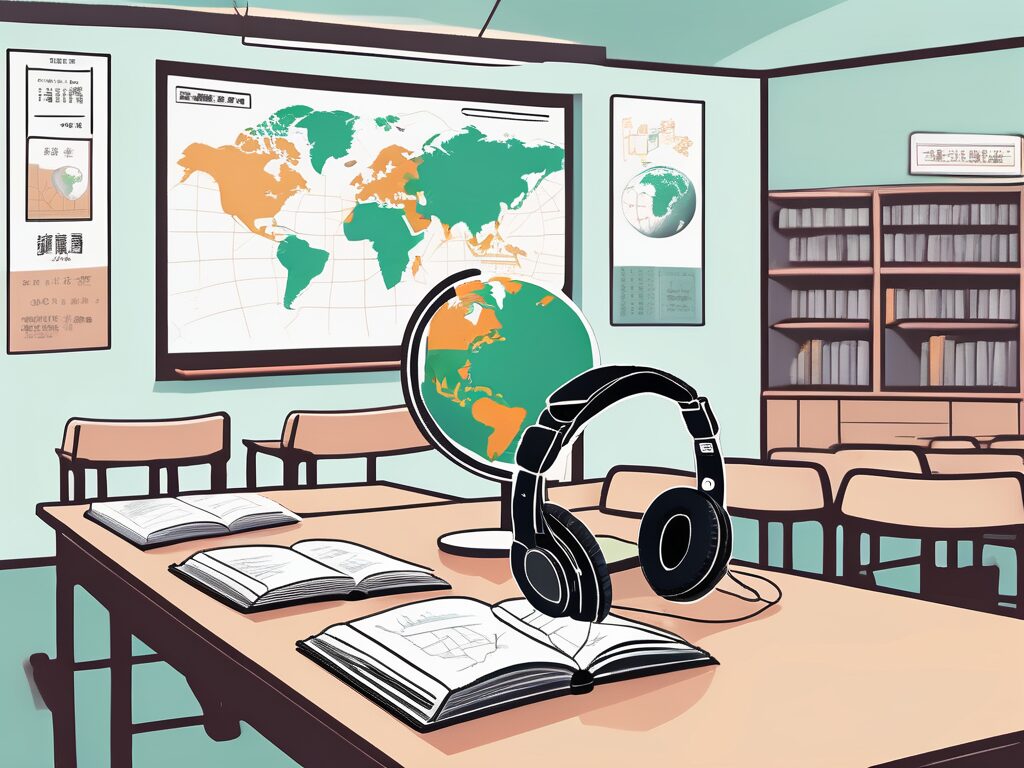html
Master’s in Education: 4 Key Teaching Challenges in Hong Kong & Qatar
Education is a dynamic field that constantly evolves to meet the needs of diverse learners. As educators pursue advanced qualifications, such as a Master’s in Education, they often encounter unique challenges that can impact their teaching effectiveness. This blog post delves into four key teaching challenges faced by educators in Hong Kong and Qatar, providing insights and strategies to navigate these hurdles successfully. Whether you are an aspiring teacher or a seasoned educator, understanding these challenges is crucial for fostering an inclusive and effective learning environment.
1. Cultural Diversity and Inclusion
One of the most significant challenges educators face in both Hong Kong and Qatar is managing cultural diversity in the classroom. With a rich tapestry of cultures, languages, and traditions, teachers must create an inclusive environment that respects and celebrates differences. This challenge is particularly pronounced in international schools, where students hail from various backgrounds.
To address this challenge, educators can implement culturally responsive teaching practices. This involves integrating students’ cultural references into the curriculum, promoting multicultural education, and fostering an environment where all students feel valued. For instance, teachers can incorporate literature from different cultures or celebrate various cultural festivals within the school community. By doing so, educators not only enhance student engagement but also promote empathy and understanding among peers.
2. Language Barriers
Language proficiency is another critical challenge for teachers in Hong Kong and Qatar. In Hong Kong, the medium of instruction is often English, Cantonese, or Mandarin, while in Qatar, Arabic is the primary language, with English increasingly being used in international schools. This linguistic diversity can create barriers to effective communication and learning.
To overcome language barriers, educators can employ various strategies. For example, using visual aids, interactive activities, and technology can help bridge the gap for students who may struggle with language comprehension. Additionally, providing language support programs, such as English as a Second Language (ESL) classes, can significantly enhance students’ language skills and confidence. By prioritising language development, teachers can create a more equitable learning environment that caters to all students.
3. Curriculum Adaptation and Relevance
In both Hong Kong and Qatar, educators often grapple with the challenge of adapting curricula to meet the needs of their students. The rapid pace of change in society, technology, and the job market necessitates that curricula remain relevant and engaging. However, many traditional curricula may not adequately prepare students for the demands of the 21st century.
To tackle this issue, teachers can advocate for curriculum reform that emphasises critical thinking, creativity, and problem-solving skills. Incorporating project-based learning, real-world applications, and interdisciplinary approaches can make learning more relevant and engaging for students. For instance, educators can design projects that address local community issues, allowing students to apply their knowledge in meaningful ways. By fostering a curriculum that resonates with students’ lives, teachers can enhance motivation and learning outcomes.
4. Teacher Well-being and Professional Development
Lastly, the well-being of educators themselves is a significant challenge in both Hong Kong and Qatar. High workloads, stress, and burnout can negatively impact teachers’ effectiveness and job satisfaction. As the demand for quality education increases, it is essential for educators to prioritise their mental health and professional growth.
To support teacher well-being, schools can implement wellness programs that promote work-life balance, mental health resources, and professional development opportunities. Encouraging collaboration among teachers through mentorship programs and peer support networks can also foster a sense of community and shared purpose. By investing in teachers’ well-being, schools can create a positive work environment that ultimately benefits students.
Conclusion
In conclusion, educators in Hong Kong and Qatar face unique challenges that require innovative solutions and a commitment to continuous improvement. By addressing cultural diversity, language barriers, curriculum relevance, and teacher well-being, educators can create inclusive and effective learning environments that empower all students to succeed.
Empower Your Teaching Career with IPGCE
As we strive for a more inclusive education system in Malaysia, the role of qualified and well-trained educators becomes increasingly crucial. IPGCE is dedicated to supporting teachers in their professional journey, offering the International Postgraduate Certificate in Education (iPGCE) to enhance qualifications and open doors to international teaching opportunities. With our program, you can expect a significant increase in interview callbacks, promotion rates, and salary. Plus, you’ll join a global network of educators, gain a deeper understanding of international curricula, and enjoy the flexibility of online study. Don’t let inadequate credentials or isolation hold you back. Join the UK’s #1 Teacher Training Course today and take a decisive step towards a fulfilling career in inclusive education.
Related Topics
- Culturally Responsive Teaching Strategies
- Effective Language Support in Education
- Promoting Teacher Well-being and Professional Development
Connect with us on LinkedIn to stay updated and network with fellow educators!

